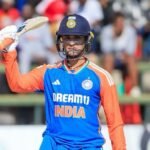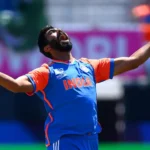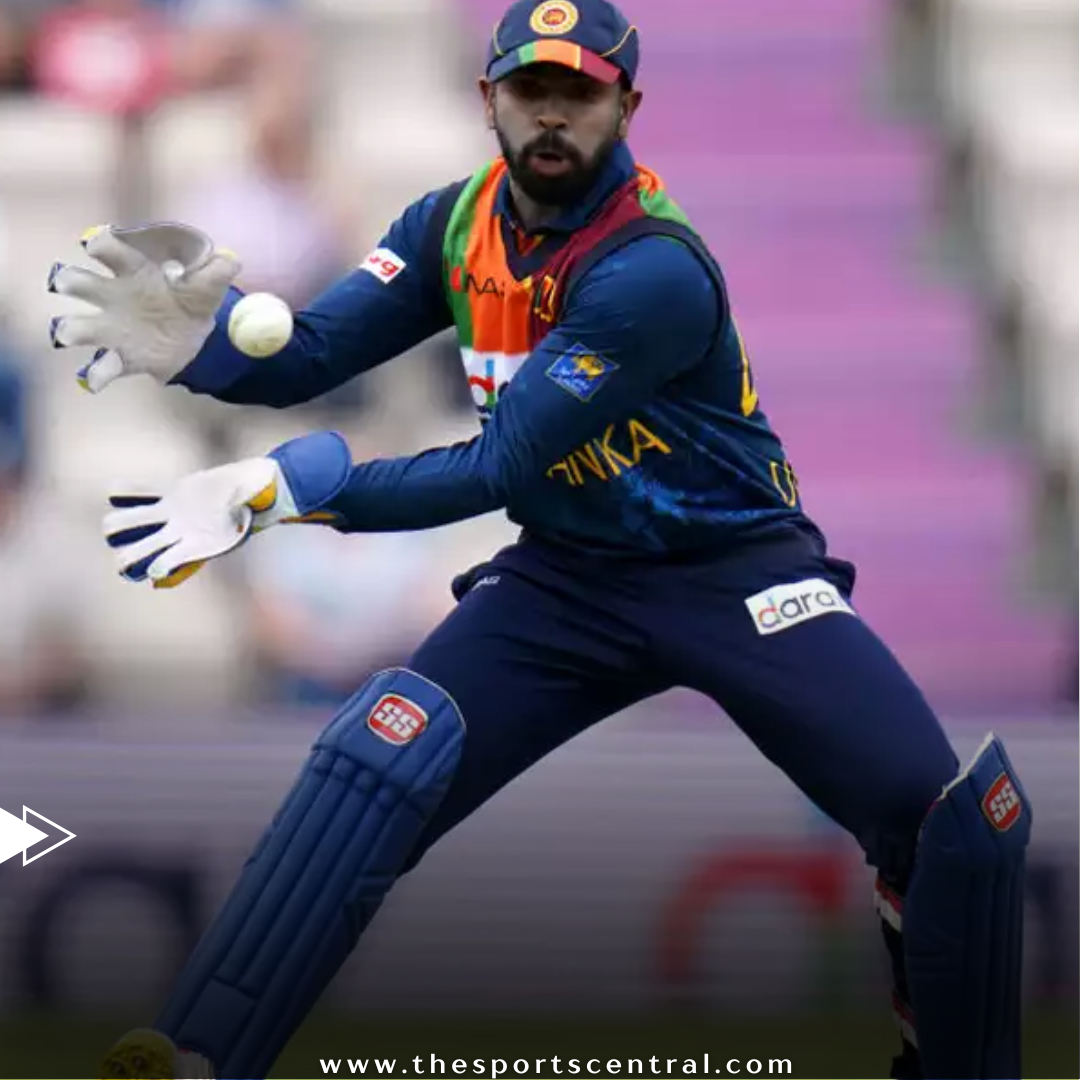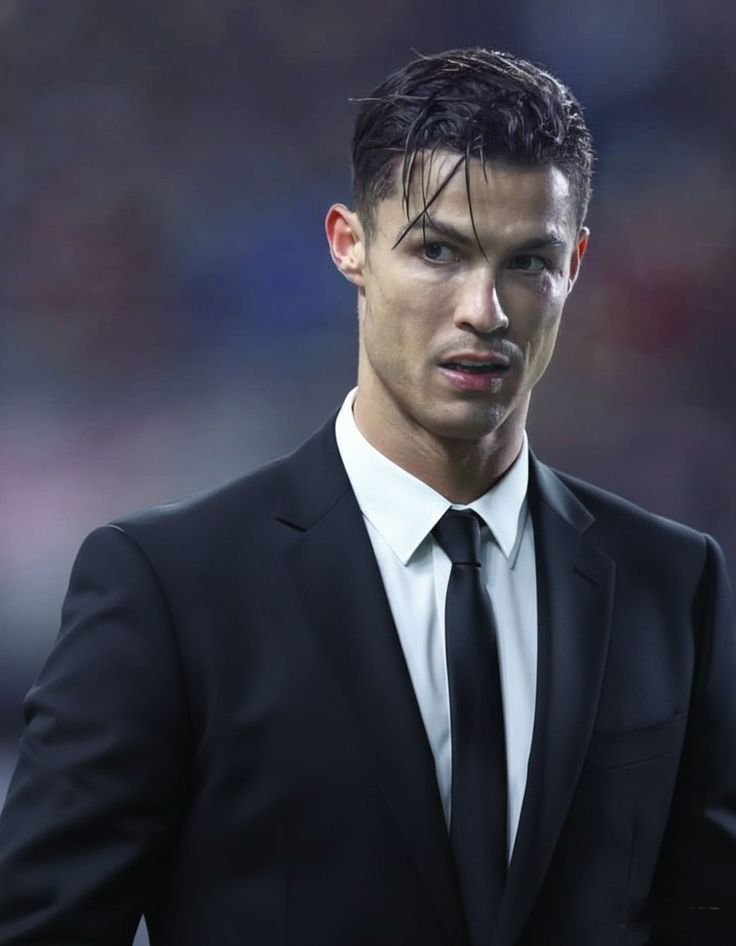Sri Lankan cricket has been rocked by a significant controversy as wicketkeeper-batter Niroshan Dickwella has been suspended by Sri Lanka Cricket (SLC) following allegations of an anti-doping violation during the 2024 Lankan Premier League (LPL). The decision was announced on Friday, with immediate effect, sending shockwaves through the cricketing community.
This incident raises questions not only about Dickwella’s future in cricket but also about the broader implications for Sri Lankan cricket and the global fight against doping in sports. In this article, we will explore the details of the suspension, the context surrounding the allegations, and the potential ramifications for the player and the sport as a whole.
Background of the Incident
Niroshan Dickwella, a prominent figure in Sri Lankan cricket, has had a career marked by both impressive performances and controversial incidents. The 31-year-old wicketkeeper-batter last played for Sri Lanka in March 2023, and his career has been punctuated by disciplinary issues that have often overshadowed his talent on the field.
The latest controversy stems from a routine anti-doping test conducted during the 2024 Lankan Premier League, where Dickwella was captaining the Galle Marvels. The Sri Lanka Anti-Doping Agency (SLADA) carried out the test as part of an ongoing initiative by SLC ’o ensure the integrity of the sport. The results of this test allegedly revealed the presence of a prohibited substance, leading to Dickwella’s immediate suspension.
The Official Statement from Sri Lanka Cricket
Sri Lanka Cricket released an official statement on Friday, confirming the suspension and emphasizing the organization’s commitment to maintaining the integrity of the sport. The statement read:
“The suspension is effective immediately and will remain in place until further notice. The test, which was conducted by the Sri Lanka Anti-Doping Agency (SLADA) during the Lanka Premier League (LPL) 2024, is part of SLC’s ongoing commitment to maintaining the integrity of the sport.”
The statement also highlighted the collaborative efforts between SLC, the Ministry of Sports, and the World Anti-Doping Agency (WADA) to keep cricket free from the influence of prohibited substances.
“This initiative, undertaken in collaboration with the Ministry of Sports and in accordance with the World Anti-Doping Agency (WADA) guidelines, is aimed at ensuring that cricket remains free from the influence of prohibited substances.”
The suspension will remain In effect until further notice, with SLC likely awaiting further investigation and potential hearings before making any final decisions.
Niroshan Dickwella’s Cricketing Career
Niroshan Dickwella made his debut for Sri Lanka in 2014, quickly establishing himself as a talented wicketkeeper-batter. His aggressive style of play and ability to perform under pressure earned him a reputation as one of Sri Lanka’s most promising cricketers. Over the years, he has been a regular feature in Sri Lanka’s Test, One Day International (ODI), and Twenty20 International (T20I) squads.
Despite his talent, Dickwella’s career has been marred by disciplinary issues. He has been involved in several incidents that have led to fines, suspensions, and criticism from both fans and cricketing authorities. These issues have included on-field behavior, breaches of team protocols, and other actions deemed unprofessional by the SLC.
His latest brush with controversy, however, could have far more severe consequences. Allegations of anti-doping violations are taken extremely seriously in the world of sports, and if found guilty, Dickwella could face a lengthy suspension, tarnishing his career and reputation.
The Context of Anti-Doping in Cricket
Cricket, like many other sports, has faced challenges in maintaining a clean image free from the influence of performance-enhancing drugs. The International Cricket Council (ICC), along with national cricket boards, has implemented strict anti-doping policies to ensure that players compete on a level playing field.
The World Anti-Doping Agency (WADA) plays a crucial role in overseeing anti-doping efforts globally, including in cricket. WADA’s guidelines are followed by all member countries, and any violations are subject to strict penalties. The use of prohibited substances not only undermines the integrity of the sport but also poses significant health risks to the athletes involved.
In recent years, cricket has seen a few high-profile cases of doping violations, leading to suspensions and fines for the players involved. These cases serve as a reminder of the importance of vigilance in monitoring and enforcing anti-doping regulations.
The Role of the Sri Lanka Anti-Doping Agency (SLADA)
The Sri Lanka Anti-Doping Agency (SLADA) is the national body responsible for enforcing anti-doping regulations in Sri Lanka. SLADA works closely with the SLC and other sports organizations to ensure compliance with WADA’s guidelines.
SLADA’s responsibilities include conducting regular drug tests, investigating potential violations, and collaborating with international bodies to maintain the integrity of sports in Sri Lanka. The agency’s efforts are crucial in preserving the credibility of Sri Lankan athletes on the global stage.
In the case of Niroshan Dickwella, SLADA’s role in conducting the test and reporting the alleged violation underscores the agency’s commitment to upholding anti-doping standards. The outcome of this case will likely have significant implications for SLADA’s reputation and its ability to enforce regulations effectively.
The Impact on Niroshan Dickwella’s Career
The suspension of Niroshan Dickwella has cast a shadow over his cricketing career, which has already been tumultuous due to previous disciplinary issues. If the allegations of an anti-doping violation are confirmed, Dickwella could face severe consequences, including a lengthy ban from all forms of cricket.
Such a ban would not only affect his professional career but also his reputation among fans, teammates, and the broader cricketing community. The stigma associated with doping violations can be difficult to overcome, and many athletes find it challenging to rebuild their careers after such incidents.
For Dickwella, who has already been under scrutiny for his behavior, this suspension could be the final nail in the coffin of his international career. The potential loss of sponsorships, endorsements, and opportunities to play in domestic leagues further compounds the impact of this suspension.
The Broader Implications for Sri Lankan Cricket
Niroshan Dickwella’s suspension also has broader implications for Sri Lankan cricket. The national team has been striving to rebuild its reputation and competitiveness on the global stage, and this incident could be a setback in those efforts.
Sri Lanka has a proud cricketing history, with a World Cup victory in 1996 and a reputation for producing world-class players. However, in recent years, the team has struggled with inconsistency, internal conflicts, and disciplinary issues among players. Dickwella’s suspension adds to the challenges facing Sri Lankan cricket as it seeks to regain its former glory.
The Incident also highlights the importance of maintaining strict discipline and professionalism within the team. The SLC will need to address these issues head-on to prevent further controversies and ensure that the national team can focus on performance rather than off-field distractions.
The Global Perspective on Doping in Sports
Doping remains one of the most pressing issues in sports globally. The use of performance-enhancing drugs undermines the spirit of fair competition and poses serious health risks to athletes. Organizations like WADA have made significant strides in combating doping, but the issue persists across various sports.
Cricket, while not as notorious for doping as some other sports, is not immune to the problem. The ICC and national cricket boards have implemented rigorous testing and education programs to prevent doping, but incidents like Dickwella’s suspension serve as a reminder that vigilance is necessary.
The global cricketing community will be watching closely as this case unfolds, as it may set a precedent for how similar cases are handled in the future. The outcome of Dickwella’s suspension could influence how other cricket boards approach anti-doping enforcement and player education.
The Path Forward: What Happens Next?
As Niroshan Dickwella faces the consequences of his alleged anti-doping violation, several key developments are likely to unfold in the coming weeks and months.
- Investigation and Hearing:
- The first step in this process will be a thorough investigation by SLADA and SLC to confirm the details of the alleged violation. This may involve further testing, interviews, and the collection of evidence.
- If the allegations are confirmed, Dickwella will likely face a disciplinary hearing where the specifics of the case will be discussed, and potential penalties will be determined.
- Potential Legal and Financial Consequences:
- Depending on the outcome of the investigation and hearing, Dickwella could face legal challenges, including potential lawsuits from sponsors or the SLC for breach of contract.
- Financial penalties, including fines and loss of income from sponsorships and contracts, are also possible outcomes.
- Impact on Domestic and International Cricket:
- While suspended, Dickwella will be unable to participate in domestic and international cricket, which could affect his form and fitness if and when he is allowed to return.
- The suspension could also impact his standing within the cricketing community, making it difficult to regain his position in the national team.
- Rehabilitation and Return to Cricket:
- If Dickwella is found guilty and suspended, his path back to cricket will involve rehabilitation, both in terms of his public image and his cricketing skills.
- Rehabilitation programs, including counseling and education on anti-doping, may be required before he is allowed to return to professional cricket.
Niroshan Dickwella’s suspension following allegations of an anti-doping violation during the Lankan Premier League is a significant moment in Sri Lankan cricket. The case highlights the ongoing challenges faced by sports organizations in maintaining the integrity of competition and the importance of strict enforcement of anti-doping regulations.










